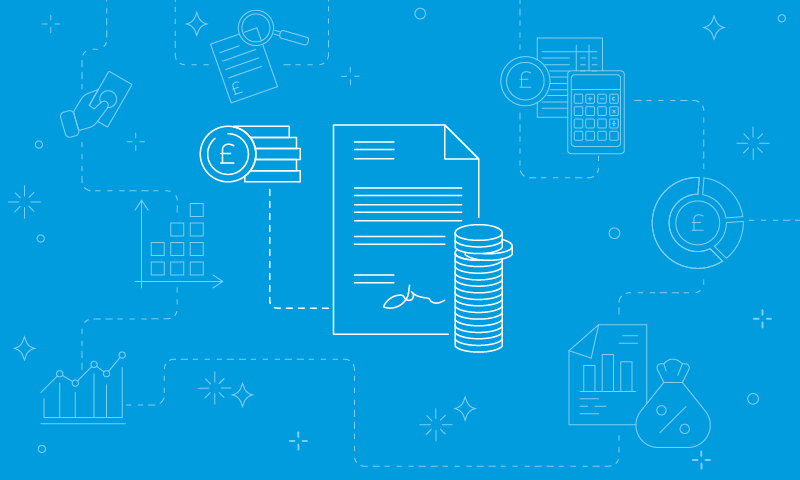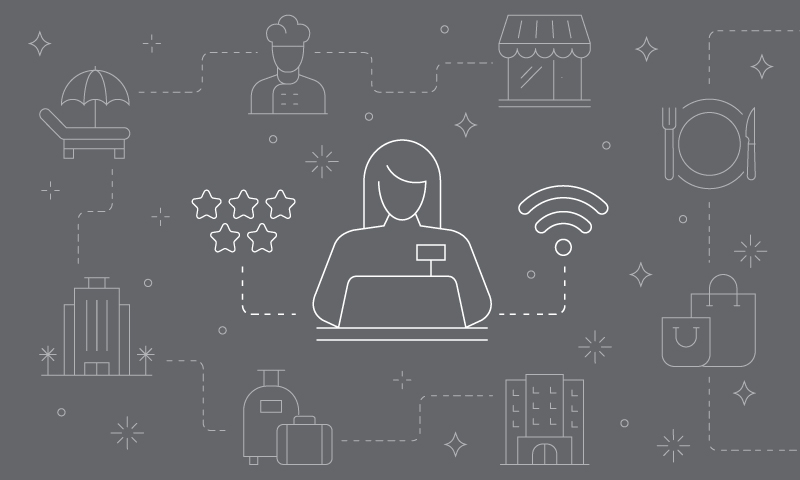25 March 2022
Commenting on the February ONS retail sales data, which showed a slight decrease in retail sales volumes of 0.3 per cent, Jacqui Baker, partner and head of retail at RSM UK, said: ‘Despite restrictions easing and more commuters returning to the office, multiple February storms battered the UK and dampened consumer spending as retail sales fell by 0.3 per cent. Despite the overall fall, clothing sales were up by 13.2 per cent.
‘The February data shows a snapshot in time, and the geopolitical and global economic landscape has now changed – accelerating the cost of living crisis through soaring energy prices, increased interest rates and further pressure on commodities adding to price inflation. As household budgets feel the squeeze, the competition for spend has also increased. The easing of restrictions drove a 16.1 per cent fall in alcohol and tobacco sales as consumers took the opportunity to dine out. Holidays and social events such as weddings, festivals and race meetings helped to push up clothing spend but as consumers get out and about they are spending less on household goods and online. Rather than a boost in retail spending overall we are just seeing consumers reallocating spend into other areas.
‘These headwinds - coupled with increased staff costs; rates and VAT reliefs coming to an end; and an increased payroll headache following the Spring Statement to increase the national insurance threshold in July - all present a challenge for retailers at a time when consumers will be tightening their belts.
‘Introducing urgent business rates reform in this week’s Spring Statement would have been a welcome boost for retailers, but the Chancellor missed the opportunity, again, to rebalance the playing field and ensure retailers are paying the fair amount.
‘Set against this backdrop, it’s no surprise that retailers are innovating. Brands are looking to diversify and branch out into market towns and coastal cities, as well as key city centre locations - adapting to new ways of working post-Covid and making the most of increased footfall in these areas to support their post-pandemic recovery.’
Thomas Pugh, economist at RSM UK, added: ‘The outlook for consumer spending has deteriorated sharply over the last month. Indeed, we’re expecting inflation to peak at more than 8 per cent, and to be above 6 per cent at the end of the year. This will lead to the biggest cost-of-living squeeze on record, despite a tight labour market and flat GDP in the second half of the year. The dramatic drop in real disposable income this year will undoubtably have a negative impact on retail spending.
‘The one silver lining is that households have accumulated close to £250bn of excess savings. To put that into context, UK households spent about £32.4bn on electricity and gas in 2020, so a 50 per cent rise would see them spending an extra £16bn. If households dip into their savings to counter rising prices, or the government acts to support households, then the impact on retail spending and GDP growth may be smaller than we have assumed.’











